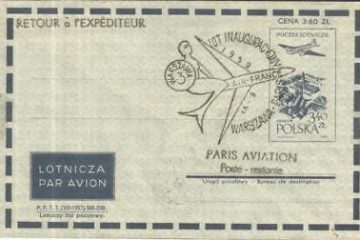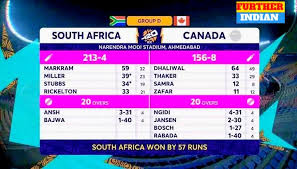The Impact and Evolution of MTV Channels

Introduction
MTV, short for Music Television, has been a significant player in the entertainment industry since its launch in 1981. Initially serving as a platform for music videos, MTV has evolved over the years to include a variety of programming, including reality shows, documentaries, and original series. Understanding the evolution of MTV channels is crucial, as they have not only shaped music culture but also influenced television programming and pop culture at large.
History of MTV Channels
When MTV first aired, it revolutionised the way music was consumed, providing a visual representation of songs that brought artists and their music to life. The first music video played on MTV was ‘Video Killed the Radio Star’ by The Buggles, marking the beginning of a new era in music consumption. Throughout the 1980s and 1990s, MTV became a cultural phenomenon, launching shows like ‘Total Request Live’ (TRL) and ‘MTV Unplugged’, which introduced various genres and artists to mainstream audiences.
Expansion and Diversification
As the internet began to transform the music landscape in the early 2000s, MTV adapted by expanding its channels and offerings. The network introduced spin-off channels such as MTV2 for alternative rock and MTV Classic for nostalgic content. Furthermore, MTV developed genres specific channels, such as VH1 and CMT, catering to adult and country music audiences. The diversification allowed MTV to reach a broader demographic and stay relevant amid the changing media consumption habits.
Current Programming and Cultural Impact
Today, MTV channels encompass a variety of programming that extends beyond music videos. The rise of reality TV has seen the creation of hit shows like ‘Jersey Shore’, ‘Teen Mom’, and ‘The Challenge’, which have become integral to MTV’s identity. These programs have sparked discussions around youth culture, social issues, and the evolution of relationships in modern society. MTV also continues to promote new music genres and emerging artists through initiatives such as the MTV Video Music Awards, which remain a staple event celebrating innovation in music.
Conclusion
In conclusion, MTV channels have undergone significant transformation over the years, adapting to technological advancements and changing audience preferences. Their impact on music and popular culture is undeniable, as MTV transformed the way we experience music and entertainment. As we look to the future, it will be interesting to see how MTV continues to evolve in the age of streaming services and digital content, while remaining a staple in music culture.









